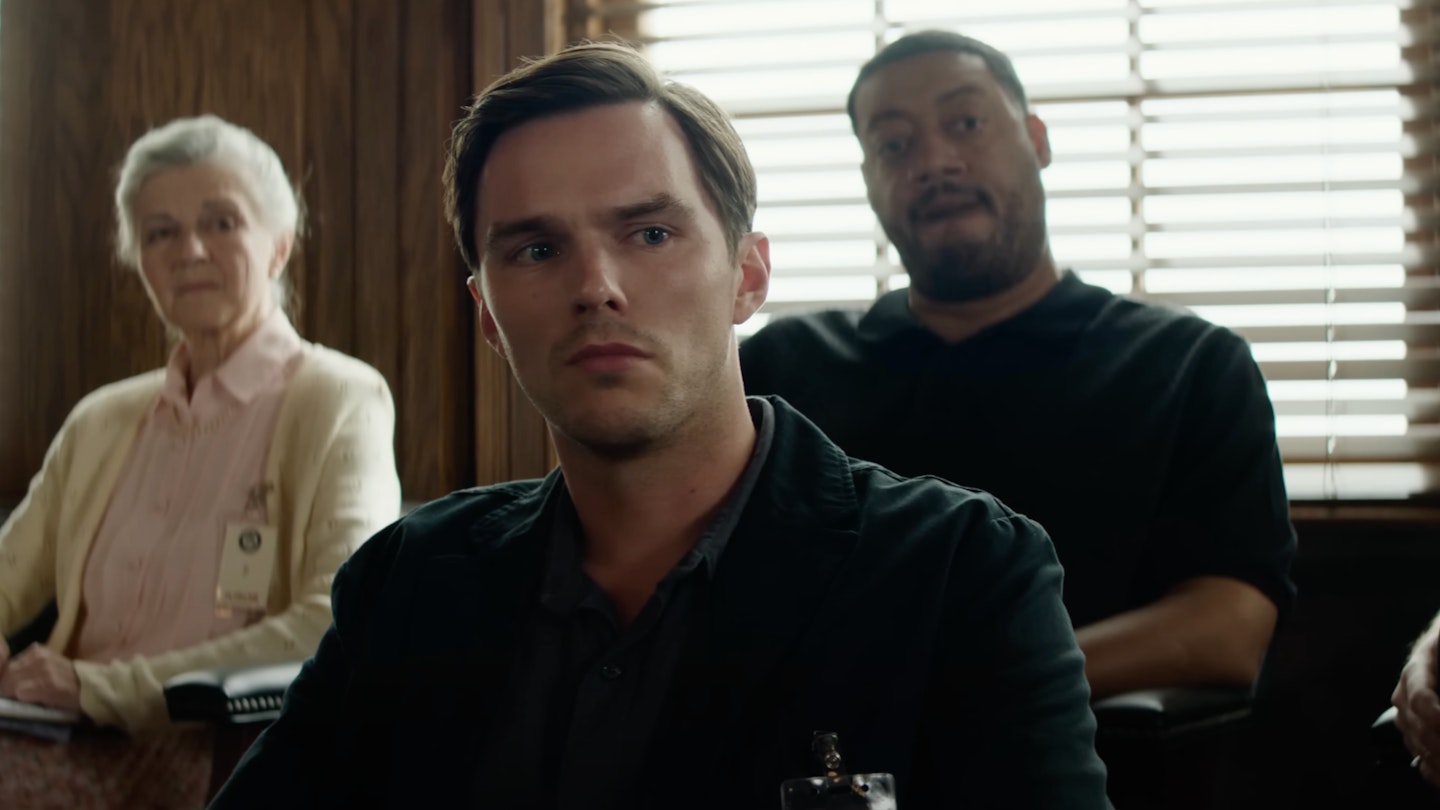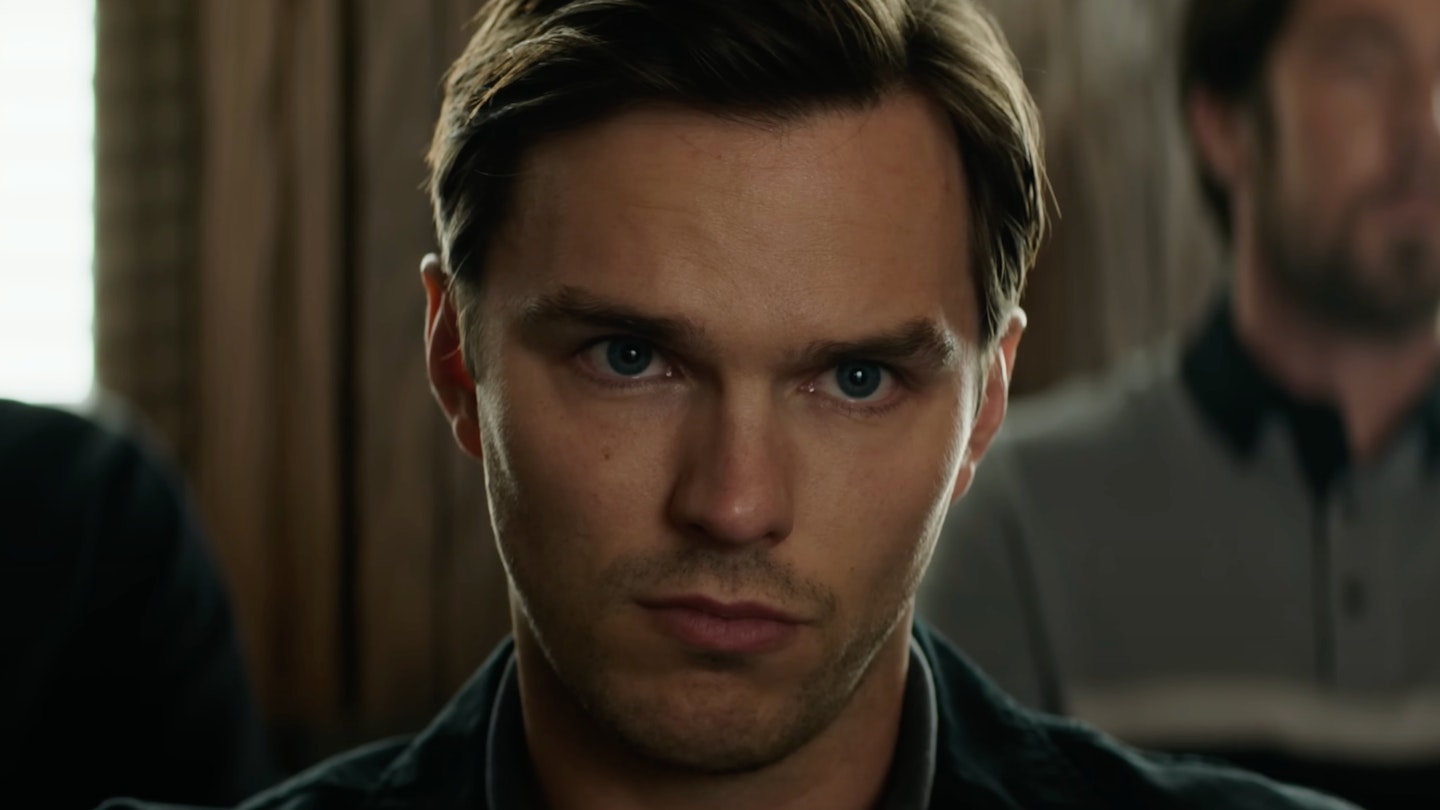Whether playing an outlaw (the Man With No Name of Sergio Leone’s ‘Dollars Trilogy’), a loose-cannon law-enforcer (Dirty Harry) or chronicling the country’s most powerful lawman (J. Edgar), Clint Eastwood has always had a fascination with justice. At 94 years young and on his 40th effort as director, the Hollywood legend with the iconic grimace has now somehow made one of his best films in years.

Like the late, great William Friedkin, who ended his career with 2023’s gripping The Caine Mutiny Court-Martial, Eastwood opts for the confines of a courthouse to explore characters and ideas in a sharp, constantly compelling grown-up procedural. This is a riveting examination of what true justice looks like — the kind of straightforwardly entertaining mid-budget legal drama that would have filled a multiplex back in the ’90s.
Working from an original script by Jonathan Abrams — which essentially and inadvertently adapts the classic 1994 Simpsons episode ‘The Boy Who Knew Too Much’ — Eastwood tells the story of Justin Kemp (Nicholas Hoult), a gentle family man preparing for the birth of his first child, reluctantly called to jury duty. He becomes even more reluctant when he realises, with a shock, that he may have had a role in the murder himself, and is forced to wrestle with his wavering moral compass. As a recovering alcoholic, he thoughtfully applies his 12-steps philosophy to the case, but also acts with self-interest. There’s some very ambiguous, Eastwoodian ideas at play here: of masculinity and honour. How far would you go, the film asks, to protect your family?
It’s a proper nail-biter — literally, given Hoult spends much of the film biting his nails, a nicely pitched ball of quiet tension. Meanwhile, Hoult’s one-time About A Boy mum Toni Collette plays Faith Killebrew, the prosecuting attorney wrapped in her own parallel moral quandary, hungrily chasing a guilty verdict for the sake of her political ambitions.
As with all of Eastwood’s late-period work, it’s low-key, clean, classical filmmaking, efficient and to the point. It is neatly structured too, diligently following the whole affair from jury selection to court case to 12 Angry Men-style deliberations. Sometimes that is to a fault — with lines like, “Here’s to the justice system!”, Eastwood’s themes can feel as blunt as a judge’s gavel — but it neatly encapsulates his conservative political leanings and his warmth and sensitivity as a filmmaker. This is ultimately a character study about a crisis of conscience, told empathetically and with the cool confidence and steady hand that seven decades in the industry affords. He’s still got it.
